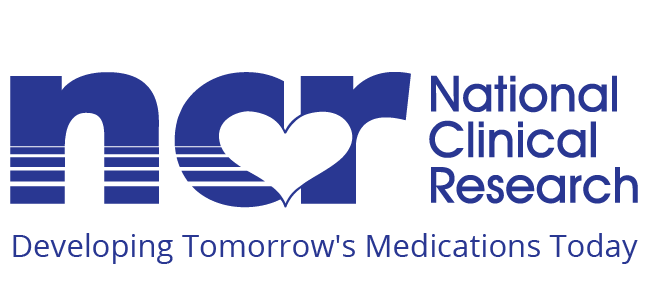
Migraine is a common and debilitating headache disorder which affects approximately 15% of the population. Typical characteristics of the headache are one-sided location, a pulsating and/or throbbing quality that typically last from 4 to 72 hours, moderate or severe intensity, aggravation by routine physical activity, and association with nausea (with or without vomiting) and/or sensitivity to light and sound.
Scientists have discovered a protein within human pain signaling pathways called calcitonin gene related peptide (CGRP). CGRP is thought to play a causal role in triggering the related migraine symptoms, and new medications have been developed to help block some or all of its effect.
Doctors at National Clinical Research are conducting a study for boys and girls ages 6 to 17 years old having 1 to 8 migraine headaches per month for the past 6 months or longer. This study will evaluate an oral medication (that dissolves in the mouth) to see if it can help reduce pain and alleviate migraine symptoms during a headache.
6 – 17 yo
- History of migraine (with or without aura) for > 6 months prior to screening
- History of 1 to 8 moderate or severe attacks per month lasting 3 or more hours without treatment
- Allowed on 1 prophylactic migraine medication (if stable regimen x 12 weeks)
- Parental consent required to enroll
19 weeks; 4 office visits
You may be reimbursed $350 for your participation.
Want to participate? Fill out the interest form! Click to Call Us!
